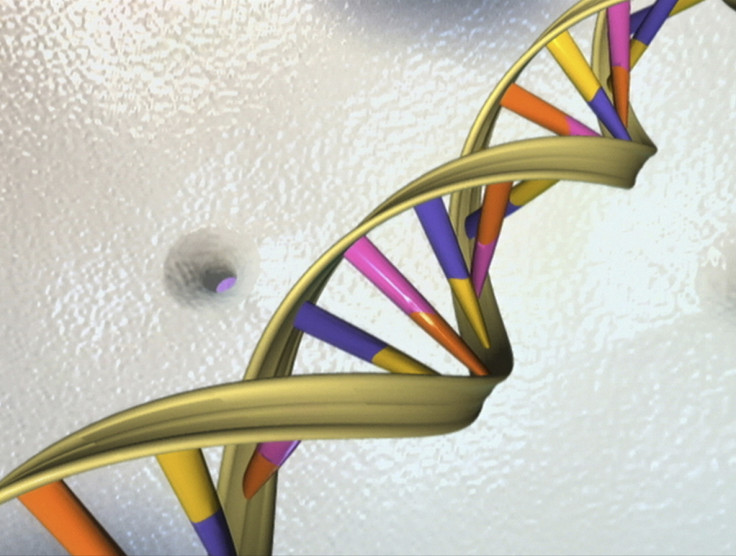Child Abuse Affects Gene Responsible For Stress And Immunity

Our genes often dictate how we behave in some situations, but it is also possible that our social experiences can change the biology of our genes.
A study on children reveals that abuse or neglect in early life activates some genes that can affect a child's long-term development.
Previous studies have shown that children who have experienced physical or sexual abuse and neglect are more likely to develop mood, anxiety and aggression disorders.
They are also at higher risk for chronic health problems compared to other children. The current study helps explain why these childhood experiences can affect health years later.
The researchers found an association between the kind of parenting children had and a particular gene (the glucocorticoid receptor gene) that is responsible for crucial aspects of social functioning and health.
The gene affects the hypothalamic-pituitary-adrenal (HPA) region in the brain. Disruption of this system makes it hard for people to regulate their emotional behaviour and stress levels.
These children may also be left with fewer receptors in the brain which impairs the brain's stress-response system.
The findings have implications for designing more effective interventions for children, as animal studies have shown that biochemical mechanism at work may be reversible if caregiving improves.
Not all genes are active at all times. DNA methylation is one of several biochemical mechanisms which cells use to control whether genes are turned on or off.
The researchers examined DNA methylation in the blood of 56 children ages 11 to 14. Half of the children had been physically abused.
The maltreated children had increased methylation on several sites of the glucocorticoid receptor gene, also known as NR3C1.
The effect occurred on the section of the gene that's critical for nerve growth factor, which is an important part of healthy brain development.
The study, from researchers at the University of Wisconsin, Madison, appears in the journal Child Development.
© Copyright IBTimes 2025. All rights reserved.




















